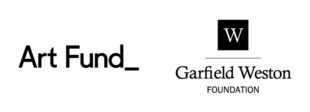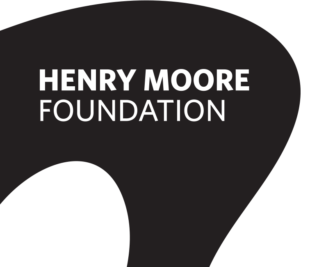Join us 14 August -16 October for: Life Support: Forms of Care in Art and Activism
How have individuals and collectives imagined alternative ways of living and organising?
Inspired by our communities and collections, Life Support considers how artists and activists have addressed and challenged experiences of care, health, education, housing and home life.
Life Support: Forms of Care in Art and Activism, Saturday 14th August to Saturday 16th October, visit during GWL opening hours
With artworks, archival materials and installations displayed throughout the building and beyond, we focus on feminist, LGBTQ+ and anti-racist responses to existing systems. Featuring activist perspectives alongside works by artists including Kate Davis, Greer Lankton, Shona Macnaughton, Olivia Plender, Franki Raffles, Martha Rosler, Veronica Ryan and Alberta Whittle, Life Support explores how archives can play a vital role as a form of care work for radical struggle. Realised during the Covid-19 pandemic, the exhibition highlights the urgent need for mutual care and support across the infrastructures and relationships that shape our everyday lives.
Artist Greer Lankton solidified herself as a key figure in the1980s New York art scene through creating an entire universe of fantasy and discord. She worked prolifically bringing dolls into this world, with full lives, complete with unique trials and tribulations. Photographs of Lankton’s work are threaded throughout the Life Support exhibition, including on the flag.
Olivia Plender is a multidisciplinary artist whose work seeks to make visible the sophisticated techniques of care, collaborative methods and forms of feminist pedagogy that have been developed and practised by feminist groups, especially in women’s spaces and activist organisations.
Franki Raffles was a feminist social documentary photographer based in Edinburgh whose images of women address work, health, housing and education, and resulted from close collaboration with activist groups in Scotland.
Artist and theorist Martha Rosler’s work is focused on everyday life, the politics of class and public space. Paying particular attention to women’s experience, her artworks and published writings utilise a range of strategies to address urgent topics including inequality, war and surveillance. Rosler’s contribution to Life Support will draw upon her long-standing commitment to housing struggles and incisive interventions into debates on gentrification and urban regeneration.
Veronica Ryan is a sculptor whose work often uses organic forms to explore ideas of containment, displacement, salvage, support, memory and memorialisation, attending to the complex relationships between individual experience and historical narratives.
Alberta Whittle is an artist, researcher and curator whose creative practice is motivated by the desire to manifest self-compassion and collective care as key methods in battling anti-blackness. She choreographs interactive installations, using film, sculpture and performance as site-specific artworks in public and private spaces.
Further information about the Life Support event programme will follow soon.
Life Support is curated by Caroline Gausden, Kirsten Lloyd, Nat Raha and Catherine Spencer.
To find out more about Life Support, please visit: https://lifesupport.wp.st-andrews.ac.uk/
Booking
This exhibition is open to all, free to attend and there is no need to book. The number of people in the exhibition spaces at any one time will be managed in line with GWL’s Covid-19 guidelines. Visit during GWL opening hours.
Accessibility
Glasgow Women’s Library is wheelchair accessible, with lifts to the first floor and the Mezzanine Floor. We have accessible toilets and all the bathrooms are individual closed stalls and are gender neutral. Our larger Events Space is fitted with an induction loop. A portable induction loop is also available.
Find more information on Accessibility at GWL or contact us and we will be very happy to offer assistance.




